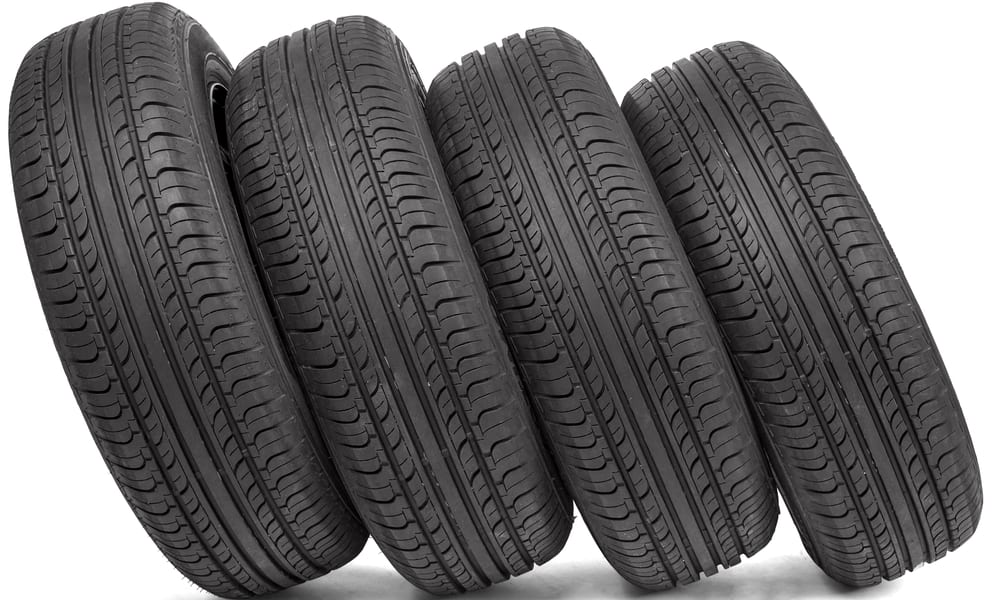All-Season Tires for 2025 – Perfect for Your Budget and Car
Choosing the right all-season tires can make a significant difference in your driving experience, safety, and long-term vehicle maintenance costs. With advancements in tire technology and a wide range of options available in 2025, finding a set that matches your budget and vehicle type has become easier than ever. Whether you drive a compact sedan, SUV, or pickup truck, understanding what makes a quality all-season tire and how pricing varies across brands will help you make an informed decision that keeps you safe on the road year-round.

All-season tires are designed to provide reliable performance in various weather conditions, from dry summer roads to light winter snow. As we move through 2025, tire manufacturers continue to innovate, offering products that balance durability, comfort, and safety. Understanding the features, pricing, and options available can help you select the right set for your vehicle and driving needs.
What Makes All-Season Tires a Popular Choice?
All-season tires are engineered to handle diverse road conditions without the need to swap between summer and winter sets. They feature tread patterns that provide adequate grip on wet and dry surfaces while maintaining reasonable performance in light snow. For drivers in regions with moderate climates, all-season tires offer convenience and cost savings by eliminating the need for seasonal tire changes. Their versatility makes them a practical choice for daily commuters and families who prioritize reliability and ease of maintenance.
How Much Do All-Season Tires Typically Cost?
Pricing for all-season tires varies widely depending on brand, size, performance features, and retailer. On average, consumers can expect to pay between $80 and $200 per tire for standard passenger vehicles. Premium brands with advanced features such as enhanced wet traction, longer tread life, or noise reduction technology may cost upwards of $250 per tire. Budget-friendly options from reputable manufacturers typically range from $60 to $100 per tire, making them accessible for cost-conscious drivers. Installation fees, balancing, and alignment services can add an additional $50 to $150 to the total cost, depending on the service provider.
Prices, rates, or cost estimates mentioned in this article are based on the latest available information but may change over time. Independent research is advised before making financial decisions.
What Are Key Features to Consider When Selecting All-Season Tires?
When evaluating all-season tires, several factors should guide your decision. Tread life is a primary consideration, as tires with higher mileage warranties offer better long-term value. Look for tires with treadwear ratings of 500 or higher for extended durability. Wet and dry traction performance is equally important, as it directly impacts safety during sudden stops or turns. Noise levels and ride comfort also vary between models, with some tires designed to minimize road noise for a quieter driving experience. Additionally, fuel efficiency can be influenced by tire design, as low rolling resistance tires help improve gas mileage over time.
How Do All-Season Tire Prices Compare Across Brands?
To help you understand the pricing landscape, here is a comparison of real all-season tire options available in 2025:
| Tire Model | Manufacturer | Cost Estimation (per tire) |
|---|---|---|
| Michelin Defender T+H | Michelin | $140 - $200 |
| Goodyear Assurance WeatherReady | Goodyear | $130 - $190 |
| Bridgestone Turanza QuietTrack | Bridgestone | $150 - $210 |
| Continental TrueContact Plus | Continental | $120 - $180 |
| Firestone WeatherGrip | Firestone | $90 - $140 |
| Hankook Kinergy PT | Hankook | $80 - $130 |
| Cooper CS5 Grand Touring | Cooper | $85 - $135 |
| Yokohama Avid Ascend GT | Yokohama | $100 - $150 |
Prices, rates, or cost estimates mentioned in this article are based on the latest available information but may change over time. Independent research is advised before making financial decisions.
Where Can You Purchase All-Season Tires?
All-season tires are available through various retail channels, including national tire chains, automotive service centers, online retailers, and dealership service departments. National chains like Discount Tire, Tire Rack, and Costco often provide competitive pricing and installation services. Online platforms allow you to compare prices, read customer reviews, and schedule installation at nearby service centers. Many retailers also offer seasonal promotions, rebates, and financing options that can reduce upfront costs. When purchasing tires, verify that the retailer includes mounting, balancing, and disposal of old tires in the quoted price.
How Can You Extend the Lifespan of Your All-Season Tires?
Proper maintenance is essential for maximizing the lifespan and performance of your all-season tires. Regularly check tire pressure, as underinflated tires wear unevenly and reduce fuel efficiency. Rotate your tires every 5,000 to 7,500 miles to promote even tread wear across all four tires. Wheel alignment should be checked annually or whenever you notice uneven tire wear or pulling to one side while driving. Avoid aggressive driving habits such as hard braking and rapid acceleration, as these can accelerate tread wear. Storing your vehicle in a garage or shaded area can also protect tires from UV damage and extend their usable life.
All-season tires remain a practical and economical choice for drivers seeking year-round performance and convenience. By understanding pricing trends, evaluating key features, and maintaining your tires properly, you can ensure safe and reliable driving throughout 2025 and beyond.




